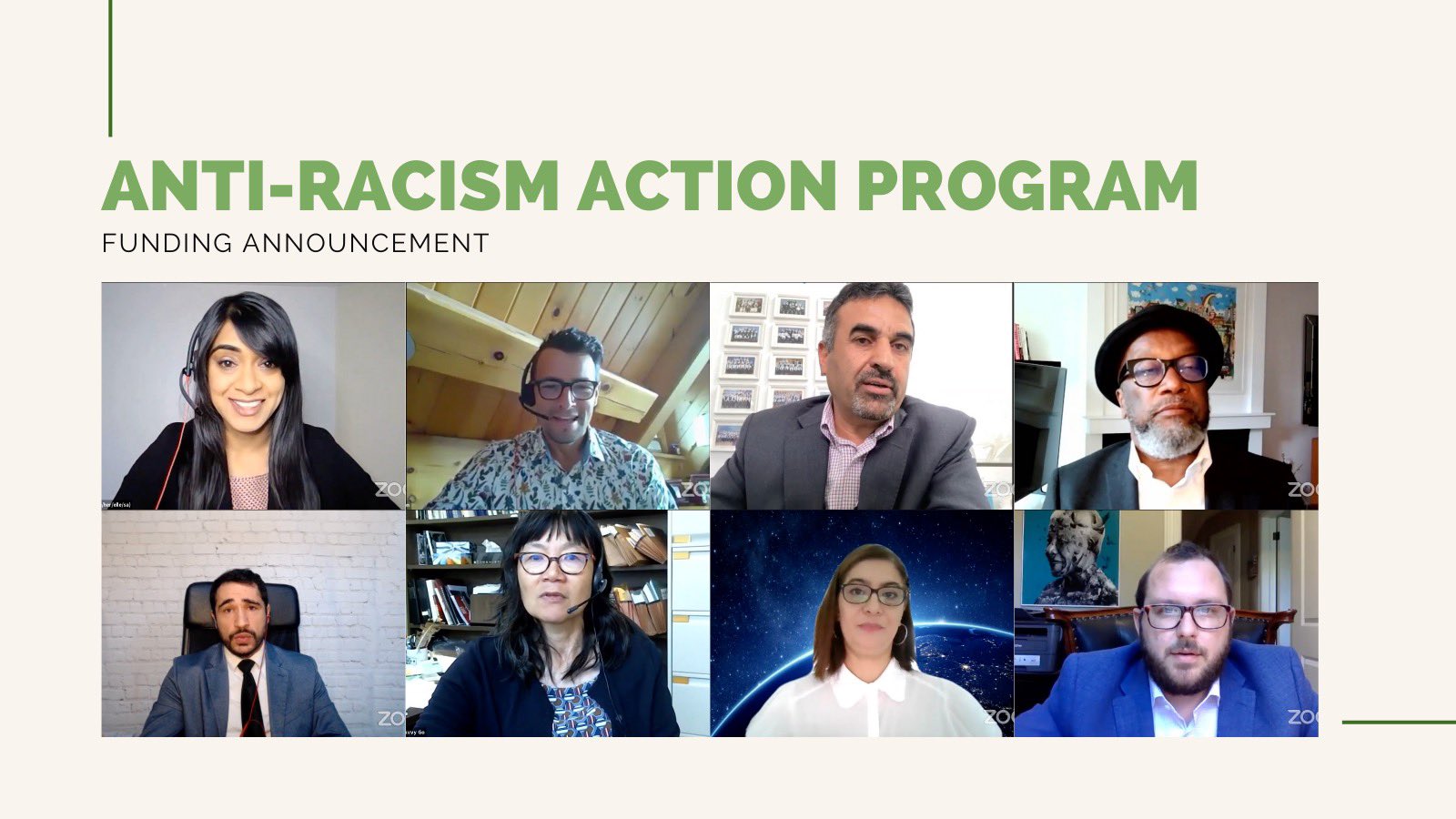Two Jewish organizations have received funding from the federal government as part of a $20 million package to combat racism and discrimination across the country.
The 92 projects funded through the Anti-Racism Action Project were announced by Bardish Chagger, Minister of Diversity and Inclusion and Youth, on Aug. 3.
La’ad Canada Foundation, a Toronto-based advocacy group, will receive $154,200 for a project providing “cultural sensitivity training to public sector employees who are most likely to interact with the Jewish community.”
UJA Federation of Greater Toronto will receive $340,000 for a project that identifies different forms of online hate and develops “strategies to empower young people to respond to the spread of hate,” according to a press release from Canadian Heritage.
La’ad will be providing “practical training” initially for police officers and first responders who encounter the Jewish community, Sam Eskenasi, La’ad’s executive director, told The CJN.
That might mean instructing police officers about Shabbat and what observant Jews may or may not do that day, he said.
“What they might need to know about Jews and Judaism that is relevant to their jobs, that will make their interactions with Jews that much better and hopefully combat antisemitism even before it starts.”
La’ad will offer training at first for police forces in Toronto, York Region and Barrie, Ont. The Barrie force is also interested in offering training to its auxiliary officers and support staff.
Eskenasi once worked at B’nai Brith Canada and on the organization’s annual audit of antisemitism, which involved being in contact with police hate crimes units.
He and other La’ad staff, including retired police officers, will design the training programs, which will address issues such as antisemitism, the difficulties in prosecuting hate crimes, and unconscious bias that may “colour” first responders’ views of the Jewish community, Eskenasi said.
The training is intended to educate police officers and make their interactions with Jews “that much smoother,” he explained.
La’ad Foundation, which was one of the participants in the federal government’s National Summit on Antisemitism last month, has been involved in a variety of projects in the past. The not-for-profit, founded in 2017, commissioned a survey a few years ago on attitudes toward the boycott, divestment and sanctions campaign against Israel.
Eskenasi was working on a project to bring Israeli technology for producing clean water to First Nations communities but it was stalled by the pandemic. Currently, La’ad has as an ongoing campaign promoting the idea that Jews are the indigenous people of Israel.
UJA Federation will be launching an 18-month project with the Sarah and Chaim Neuberger Holocaust Education Centre to research how “extremist online culture shapes hate and dangerously influences youth and other groups,” according to a statement from UJA.
As Canadians spend more time online, especially during the pandemic, internet-based hate has become a growing threat, UJA stated.
“The ongoing trend of radicalization and hardening bigotries has also accelerated, with both Jewish and other Canadian communities facing harassment, threats, assaults, and in some horrific cases, murder.”
Noah Shack of the Centre for Israel and Jewish Affairs said CIJA will work closely with the Neuberger “to ensure that this crucial data informs our advocacy strategy in the online sphere, allowing us to demonstrate to elected officials and our partners at Facebook and Twitter the origins and spread of online antisemitism and hate plaguing so many communities across Canada.”
Over the course of the 18-month study, data will be shared with school boards, CIJA and other community agencies, through a website, guidebook and workshops.
Shari Schwartz-Maltz, chair of the Toronto District School Board’s Jewish Heritage Committee, said the research and data gathered will be important for schools.
“We already know that some of our students are immersed in this dangerous world, and we are seeing real-world incidents of hate as a result,” she said in a statement. “By rooting out the source, the school board can work with our communities to more efficiently respond to these incidents.”
